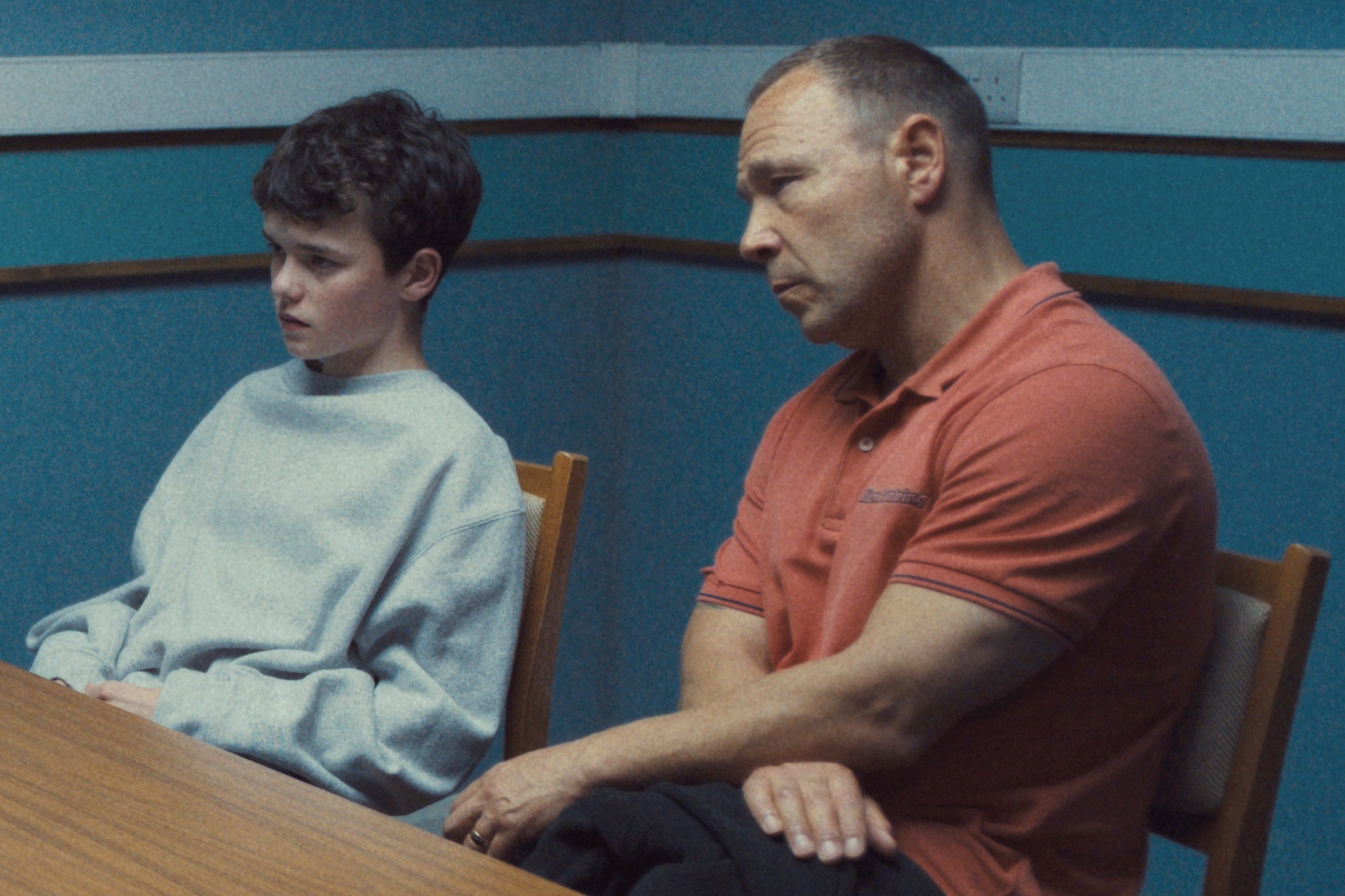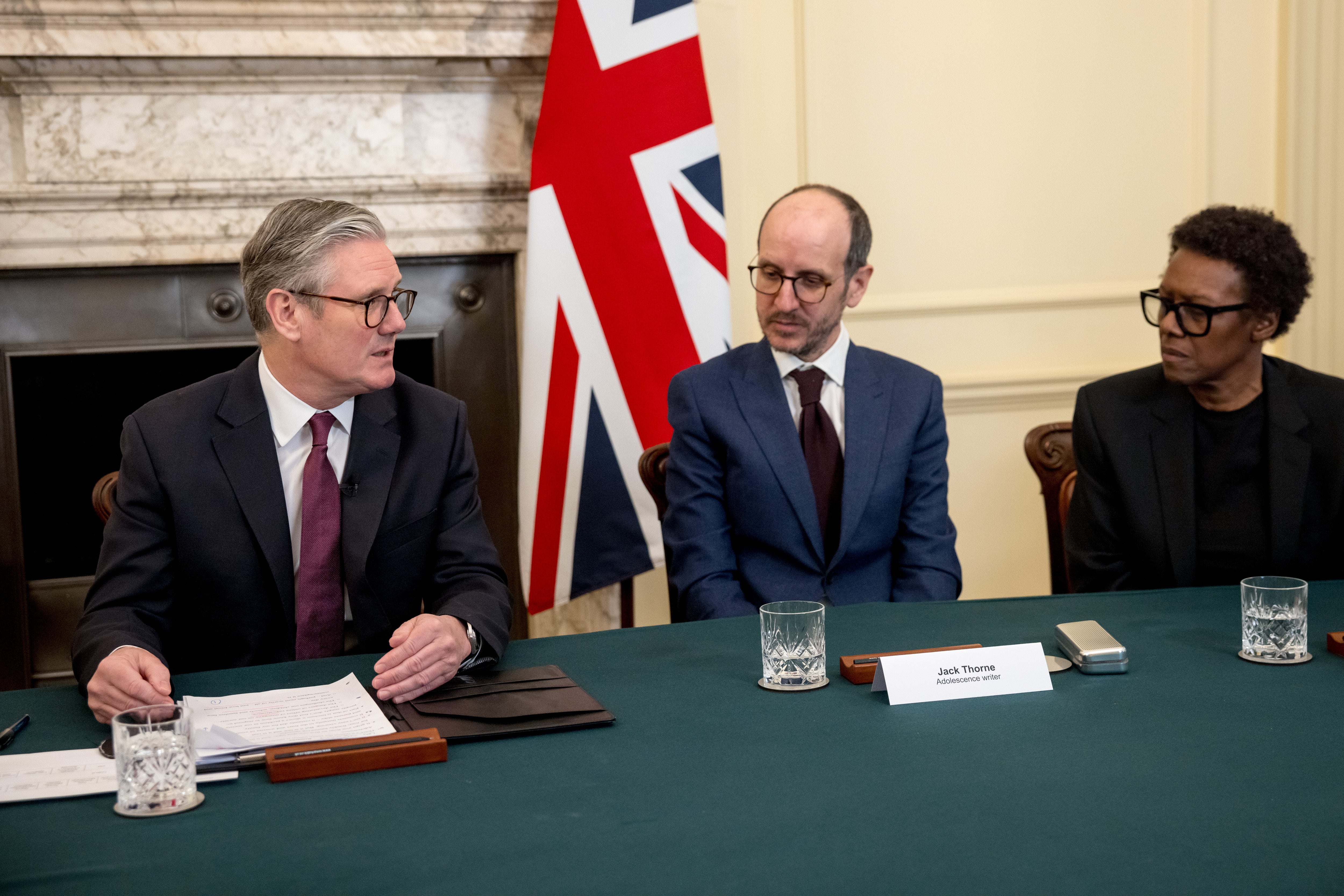Teachers are raising concerns about the detrimental influence of social media personalities, such as Andrew Tate, on student behaviour, citing a rise in misogyny and sexism within schools.
A recent survey conducted by the NASUWT teaching union revealed that nearly three in five teachers (59 per cent) believe social media contributes to the declining behaviour of students.
The poll surveyed over 5,800 NASUWT members across the UK in January.
Its findings were released during the NASUWT’s annual conference held in Liverpool over the Easter weekend.
A key motion to be debated at the conference focuses on the increasing use of social media, messaging apps, and online gaming platforms by far-right and populist movements for recruitment purposes.
The motion urges the union’s executive to collaborate with teachers in assessing the potential risks these movements pose to young people.
It adds that the union should work with the government “to support teachers in challenging far-right and populist narratives” presented to young people.

A number of teachers who responded to the NASUWT’s survey on behaviour referenced the negative influence that Mr Tate has had on male pupils.
One teacher said: “I have had boys refuse to speak to me and speak to a male teaching assistant instead because I am a woman and they follow Andrew Tate and think he is amazing with all his cars and women and how women should be treated. These were 10-year-olds.”
Another said: “In an all-boys school, low socio-economic area, the ‘Andrew Tate’ phenomena had a huge impact on how they interacted with females and males they did not see as ‘masculine’.”
One teacher said: “We had some incidents in school with derogatory language towards female staff (eg boys barking at female staff and blocking doorways so they couldn’t leave the classroom), as a direct result of Andrew Tate videos.”
Another said: “In a secondary English class last year, a group of boys opted, despite discouragement, to write a persuasive essay on why Andrew Tate is the Goat (greatest of all time) which included praise of his view that women are a man’s property … All of the parents were contacted and were appalled.”

Television drama Adolescence, which examines so-called incel (involuntary celibate) culture, has prompted a national conversation about sexism and online safety.
In March, prime minister Sir Keir Starmer said there was no “simple solution” to stop boys from being dragged into a “whirlpool” of misogyny as he hosted creators of the Netflix drama at Downing Street.
Patrick Roach, general secretary of the NASUWT, said: “Misogyny, racism and other forms of prejudice and hatred may have attracted greater media attention of late, but it is clear from our data that these behaviours are not a recent phenomenon.
“There is an urgent need for concerted action involving schools, colleges and other agencies to safeguard all children and young people from the dangerous influence of far-right populists and extremists, and to ensure that our schools and colleges are safe places for learners and for staff.”
Mr Roach said teachers could not be “left alone” to deal with these problems.

“We need a multi-agency response to improve social media literacy, critical thinking skills, and to expose disinformation and false narratives.
“We are urging the government to lead a national effort to tackle the root causes of poverty and deprivation and keep children safe online.”
A Department for Education (DfE) spokesperson said: “We know the rise of dangerous influencers is having a damaging impact on our children, which is why we are supporting the sector in their crucial role building young people’s resilience to extremism as part of our plan for change.
“Education can be the antidote to hate, and the classroom should be a safe environment for sensitive topics to be discussed and where critical thinking is encouraged.
“That’s why we provide a range of resources to support teachers to navigate these challenging issues, and why our curriculum review will look at the skills children need to thrive in a fast-changing online world.
“This is on top of wider protections being brought in for children with the Online Safety Act, to ensure children have an age-appropriate experience online.”
Kemi Badenoch reveals her cousin died by suicide after ‘excessive internet use’
Deteriorating relations between parents and schools ‘affecting pupil behaviour’
Government must ‘step up’ its response to youth violence – teaching union chief
Thousands protest gender court ruling in outcry against ‘betrayal’ of trans community
Captain Tom’s family mansion has asking price slashed again as it struggles to sell
Urgent air fryer recall issued with owners told to ‘stop using immediately’







